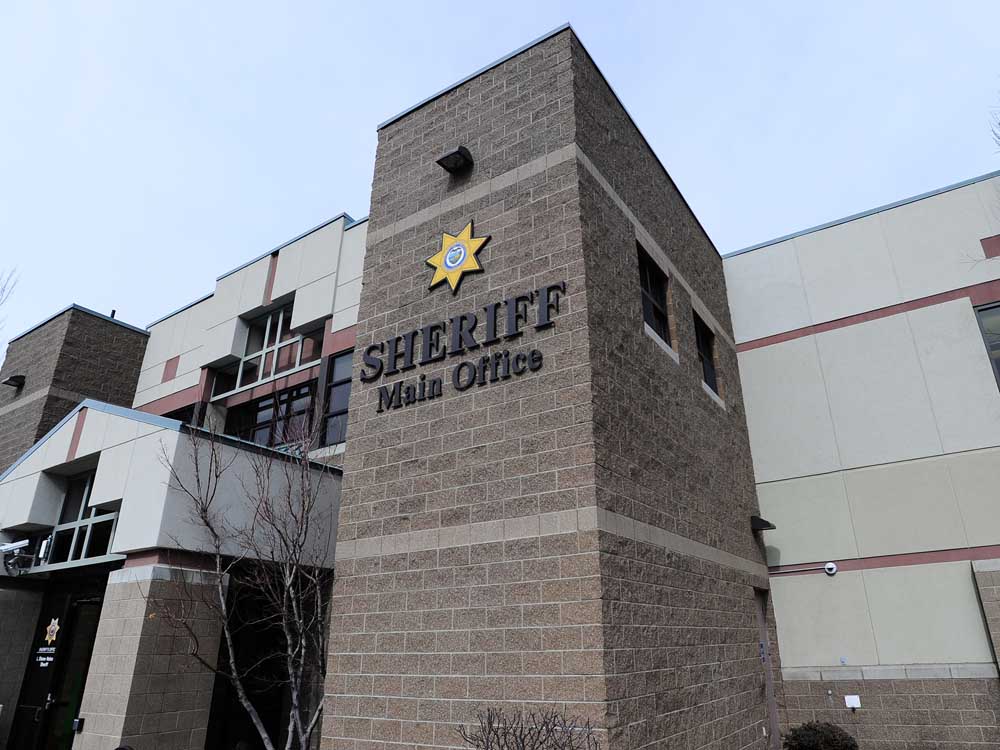Editorial: Don’t conceal more of what Oregon governments do
Published 5:00 am Saturday, December 14, 2024

- Private and public
Oregon’s public meetings laws sit uneasily as a burden to some in government.
We heard the plea Wednesday from Helen Bellanca, a family physician and chairperson of the state’s Universal Health Plan Governance Board, and the comments from Rep. Rob Nosse, D-Portland, who is chair of the House Interim Committee On Behavioral Health and Health Care. They explained how they feel the laws constrain discussion.
Trending
“The limitations of public meetings laws have been a really big issue for our committee,” Bellanca shared with Nosse’s committee. “As you all know, in 2023 the Legislature revised the public meetings laws to include a revised definition of convening to include serial conversations. It includes conversations that are held through an intermediary and it includes email communications. There’s been a lot of concern about that on our committee. We have taken a very conservative approach in order to maintain compliance with public meetings law. And as a result, it is very hard for our board and our committees to talk to each other between meetings. Our board is an innovative, creative board, we’re trying to create something that hasn’t existed before and so there is a lot of brainstorming conversations and throwing around ideas that needs to happen, and we have felt a little bit restricted in that way. It’s hard to do that in a public meeting….”
Nosse spoke up.
“That’s interesting, isn’t it?” he said. “I am sure that this would not be politically popular. I sometimes think it would be beneficial for governing boards to have some way, as I like to say: To be able to sort of yell at each other in private. So that you can work out very difficult things.”
“That’s right,” Bellanca said.
“So you don’t have to do it in front of the public,” Nosse continued. “And frankly I think sometimes give the public the wrong impression about how problem solving is done. I mean you aren’t the only board that has complained about that. Local government complains about it sometimes, too. It’s a tough one, because I do think at the same time it’s important for the public to see us deliberate and try to figure out things. But sometimes I think it’s necessary to be able to deliberate at least a little in private.”
Bellanca added that as much as her board is committed to transparency, it makes it hard to pitch ideas that may be impractical and infeasible to help get to the ideas that may work.
Trending
Bellanca and Nosse are right to bring up those concerns. We have heard similar things before at different levels of Oregon government. But taken a step further it could lead Oregon down a grim path.
Think about it in the context of Bellanca’s board.
It is part of an effort to rework how health care operates in Oregon. A rewrite may bring benefits Oregonians are happy with. There are hopes that health care may be better, more accessible and cheaper. No copays!
Delightful.
Except, there would have to be some new form of financing health care — new taxes or fees. There would have to be some new form of administration. It may put people in the insurance industry in Oregon out of work and replace them with government workers. It may be that the best hopes of universal health care are not realized.
What part of those conversations or deliberations should be concealed from Oregonians? Who gets to decide what the public can’t hear? Oregonians are wise enough to understand when people are brainstorming and tossing out ideas. Or do you believe Oregonians can’t handle that?
Oregon’s public meetings laws developed because government cannot be trusted to operate behind closed doors. Even with them in place, some governments in some instances don’t make it easy to get public information. It’s an almost every day thing. Just talk to Stephen Allen, the publisher of The Times-Journal in Condon. Ask him how easy it is to get information from the city of Arlington.
Public meetings laws do create a burden on public officials and government bodies. Yes, they do make things more complicated. The answer is not to hide more of what Oregon government does behind closed doors.








